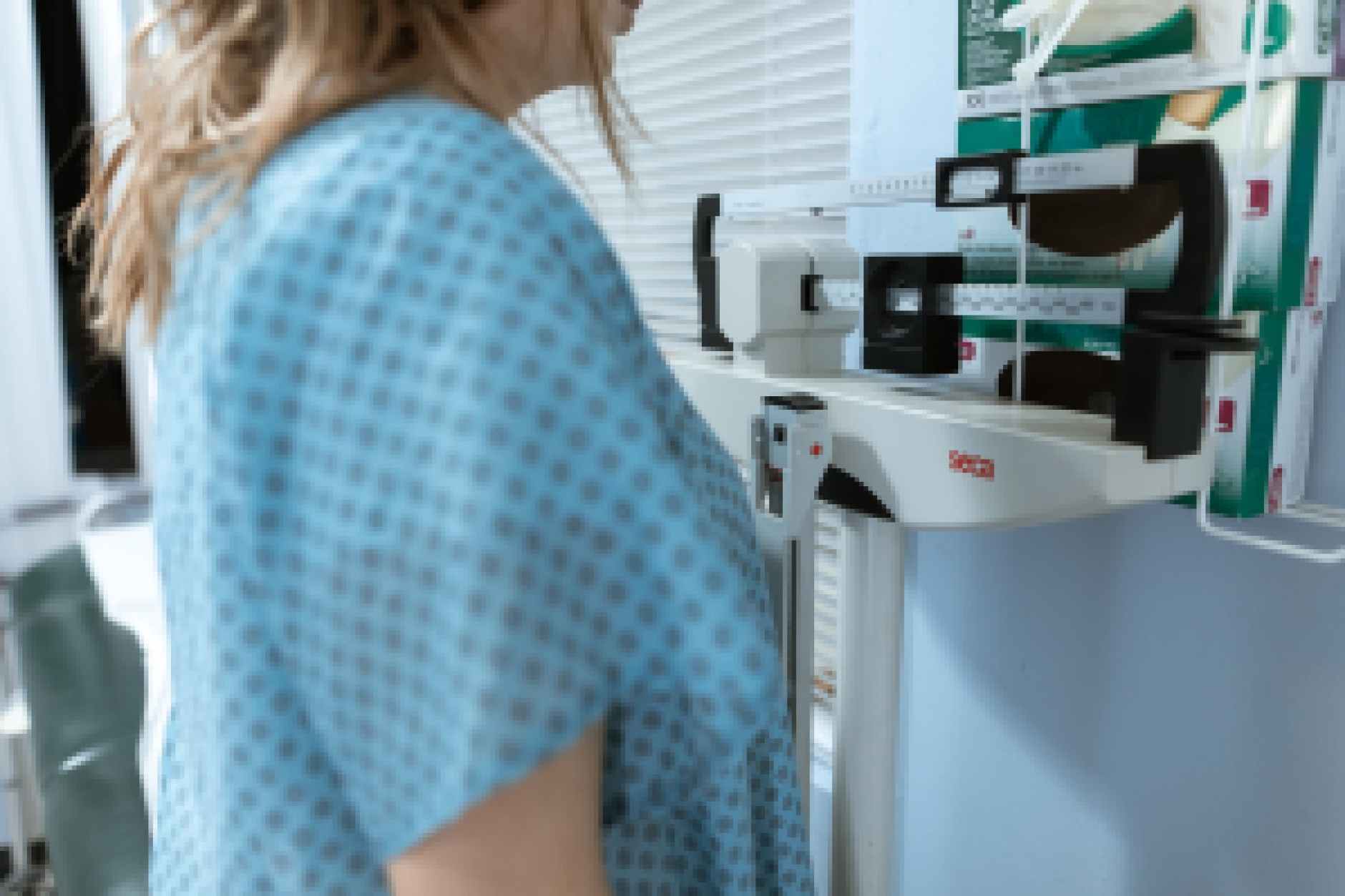Why eating disorder training for doctors is so important: a patient’s perspective
As I type this, Eating Disorder Awareness Week has not even started. Yet there are already arguments on social media about this year’s campaign, which aims to increase training on eating disorders in medical schools.
It is not my intention here to contribute to the arguments or criticise medical professionals. But I want to raise awareness of the impact training can have on patients with diagnosed or undiagnosed eating disorders, both positive and negative.
These are some of my personal experiences of medical appointments as an ob**e adult female with Binge Eating Disorder.
GP appointment, mid noughties. I told him that I was struggling with eating. I couldn’t seem to stop, I felt out of control, and my weight was increasing. He gave me a diet/healthy eating leaflet, and recommended I join a gym. I tried to explain that I had dieted before and knew what to eat – I had even studied nutrition at school. He told me to try again and cut out sugary snacks.

Impact: I avoided the doctor and didn’t raise the issue again for years.
GP appointment, 2014. I spoke about how I had struggled with food for a long time, and couldn’t stop once I started eating sometimes. I told him how much weight I had lost on anti-depressants. He asked me questions and told me he thought I had Binge Eating Disorder. He referred me to the local Eating Disorders Service.
Impact: I received 2 years of specialist treatment, which started my recovery process.
Rheumatology appointment, 2019. The nurse took me into a room and told me to sit down so she can take my blood pressure. I didn’t realise that I was being asked to sit on a scale, and the nurse did not ask for my consent to weigh me. She asked me if I wanted to know my weight. I disclosed my eating disorder and asked not to be informed of my weight as this could be harmful. She noted this on my chart.
A few weeks later I received a letter from the consultant. It included my weight, and I discovered that I had gained more than I realised. It also indirectly blamed my joint issues on that weight.
Impact: a relapse, with regular binges, which lasted for several months.

Follow up appointment, 2019. I let the nurse know what happened and declined to be weighed. She apologised and said she had not realised it would be in the letter. The rheumatologist made multiple comments indicating I should lose weight. I disclosed my eating disorder again. He made no comment.
I left the hospital in tears. I called the department to complain and requested a different consultant. I was told my case would be transferred.
Impact: I spent a further two years without treatment and in pain. My bingeing continued, although I continued to work towards recovery.
Telephone GP appointment, 2021, because I hadn’t heard from the hospital. I explained the story to the GP. She offered to refer me to another hospital, and took the time to ask how I was managing my eating disorder symptoms due to the pandemic, because this was a difficult time emotionally. We discussed my coping and support mechanisms and she told me to call if my symptoms worsened.
Impact: I felt heard, supported, and able to trust the GP.
Nurse appointment, 2021. A few months later I discovered I was eligible for the vaccine due to my BMI, so I called my GP Practice. I was told I needed to be weighed. I went in to see the nurse. I disclosed my eating disorder and she made sure that I couldn’t see my weight. She took the time to check I was managing and tell me how well I was doing during lockdown. When I asked what my BMI is, she didn’t tell, me, saying she would work out what it was after I left.
Impact: I felt supported and reassured that I would not be judged if I relapse, or for my body size.

Hospital appointment with a new rheumatologist, 2021. I was not weighed and treated in a weight neutral way. He offered me pain medication. The tests he referred me for showed that the previous rheumatologist had diagnosed me incorrectly.
Impact: no relapse and reduced pain due to the medication.
You may have noticed that I disclosed my eating disorder, or eating disorder behaviours, at every one of these appointments. Over the years, I have learned to make a point of disclosing. It is the quickest way for me to find out if I am in a safe space. And by this, I mean that it tells me whether the medical professional has received training in ED. Because that training ensures that my health, and not my size, becomes the primary focus. Because weight stigma is real, and it can trigger a relapse.
You will also see that the majority of experiences I have had were positive. There are many, many understanding healthcare professionals out there. But those two or three negative experiences had far-reaching and long-lasting impacts on my overall health. And they have left me feeling the need to protect myself and my mental health every time I visit a new healthcare professional.
This is why I stand behind BEAT’s campaign this Eating Disorders Awareness Week. Because if one more person is diagnosed before their ED becomes chronic, if one less person relapses because of a doctor’s thoughtless comments, I will consider it a success.
I waited over 30 years for a diagnosis. Recovery has taken 8 years. I don’t want anyone else to have to endure that. Increased training in medical school will help ensure that no-one will.
So please consider supporting this year’s campaign. Go to BEAT’s website and sign the petition. Follow the campaign on social media. Let’s make every medical appointment positive for people with ED.
